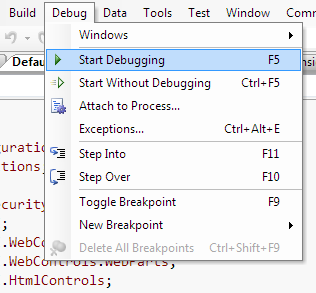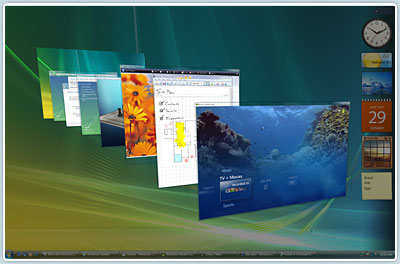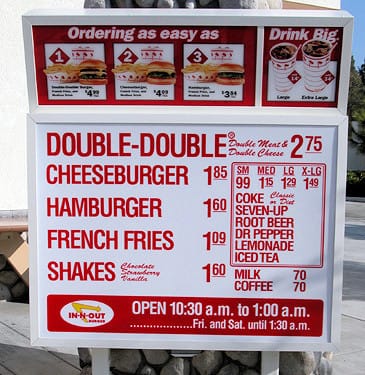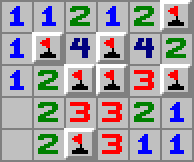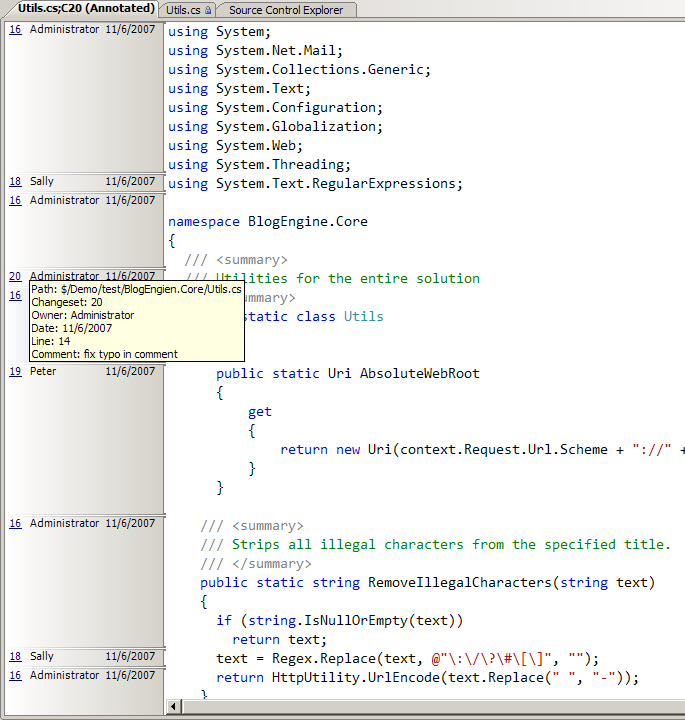
software development concepts
Who Wrote This Crap?
Does this sound familiar? your program (n): a maze of non-sequiturs littered with clever-clever tricks and irrelevant comments. Compare MY PROGRAM. my program (n): a gem of algorithmic precision, offering the most sublime balance between compact, efficient coding on the one hand, and fully commented legibility for posterity on the

